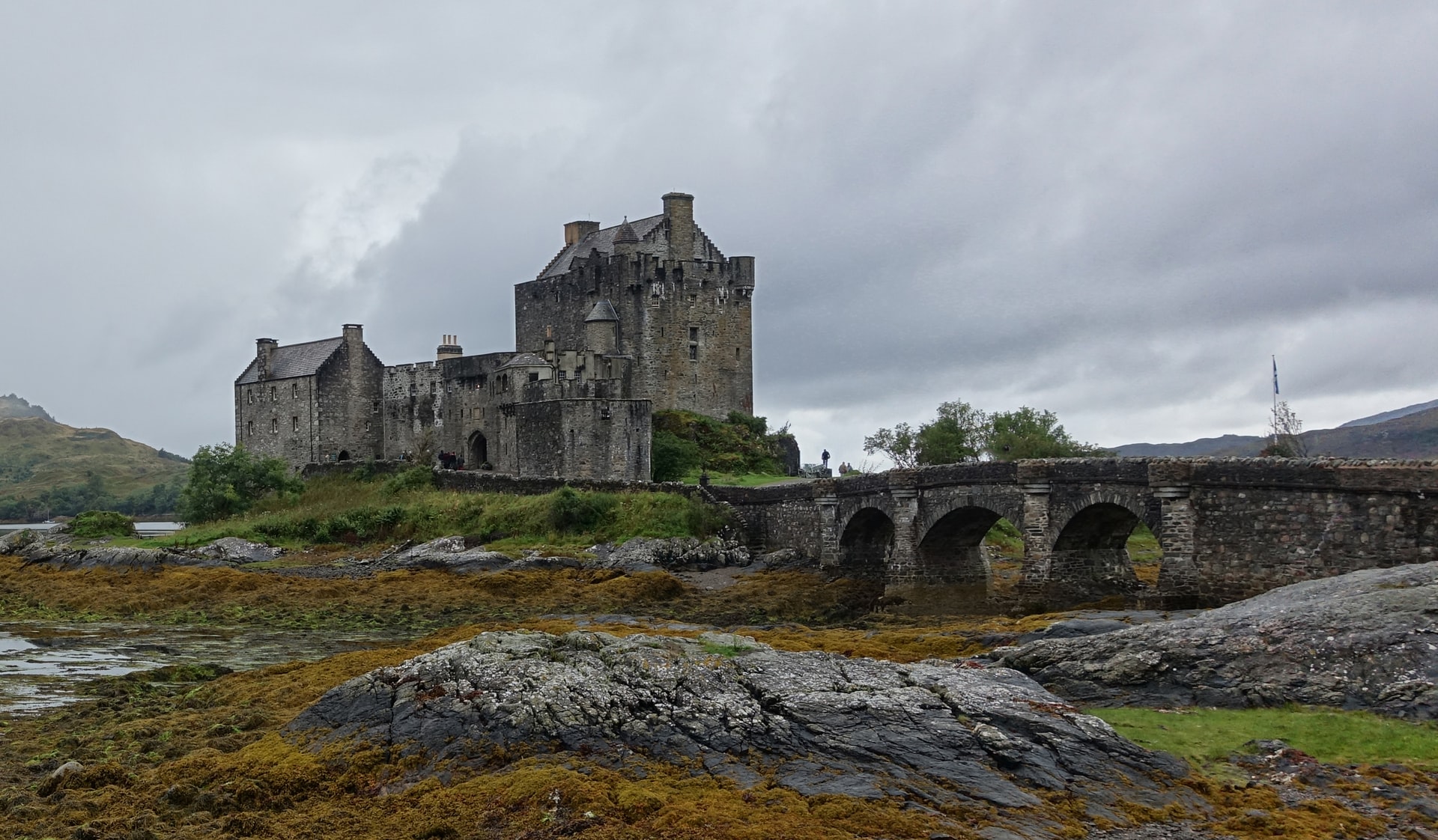Planning a future that protects Irish heritage

An inclusive heritage government strategy has received approval to deliver a framework that will protect, conserve, promote and manage Ireland’s heritage for the next ten years.
Heritage Ireland 2030 will provide a roadmap for the future of Irish heritage, partnering with the Irish Government, stakeholders and communities to establish a strategic action plan for the country.
Louth County Council (LCC) will help shape Heritage Ireland 2030 and manage heritage assets, including monuments, protected structures, heritage gardens and parks. Heritage Ireland 2030 intends to strengthen the role of LCC in managing, caring and promoting Ireland’s heritage, developing policies that focus on their work as representatives of nationwide resources.
The core themes of the strategy include communities, leadership and partnerships, highlighting the importance of continued collaborations between government, stakeholders, local authorities and communities in reaching the project objectives.
With a recognition that the responsibilities for heritage in Ireland are reliant on the government, this structured approach aims to incorporate heritage policy measures into the decision-making process within the government.
The project intends to create an implementation plan incorporating a set of actions and timeframes that responsible groups will develop within six months of launching Heritage Ireland 2030. The project highlights the delivery structures and includes a clear roadmap for implementing the necessary actions.
At the launch of Heritage Ireland 2030, Malcolm Noonan, the Minister of State for Heritage and Electoral Reform stated that the government had approved a plan that represents a significant step towards structured engagement in heritage.
The measures within the strategy highlight the heritage challenges Ireland is facing, especially in terms of nature and loss of biodiversity. Noonan explains that Ireland has created an ambitious program in areas such as peatland rehabilitation and nature recovery. This strategy framework presents a structured plan and will focus on the cohesion between government, stakeholders and local communities.
Climate change has become a significant threat to heritage sites across Ireland. Noonan highlighted the challenge recently after the International Day for Monuments and Sites, with the theme for 2022 focusing on Heritage and Climate. The Green Party group stated that there needed to be more recognition of all heritage professionals working on conserving, protecting and caring for areas as the challenge of climate change continues to rise.
The Department of Housing, Local Government and Heritage recently stated that the heritage of Ireland is vulnerable to climate change impacts. The monuments and historical buildings represent years of history but are not immune to these climate impacts. The historic built environment is vital in tackling climate change. Protecting, adapting and reusing building stock reduces environmental waste and the emissions related to demolition and rebuilding structures.
In a recent interview, Noonan explained how positive it was that people had access to national parks, nature reserves and historic properties during the pandemic. Noonan believes this has strengthened our appreciation of Ireland’s heritage. Today our heritage must be protected, conserved and restored to ensure that the people of Ireland can continue to experience the benefits, value and well-being provided in these areas.